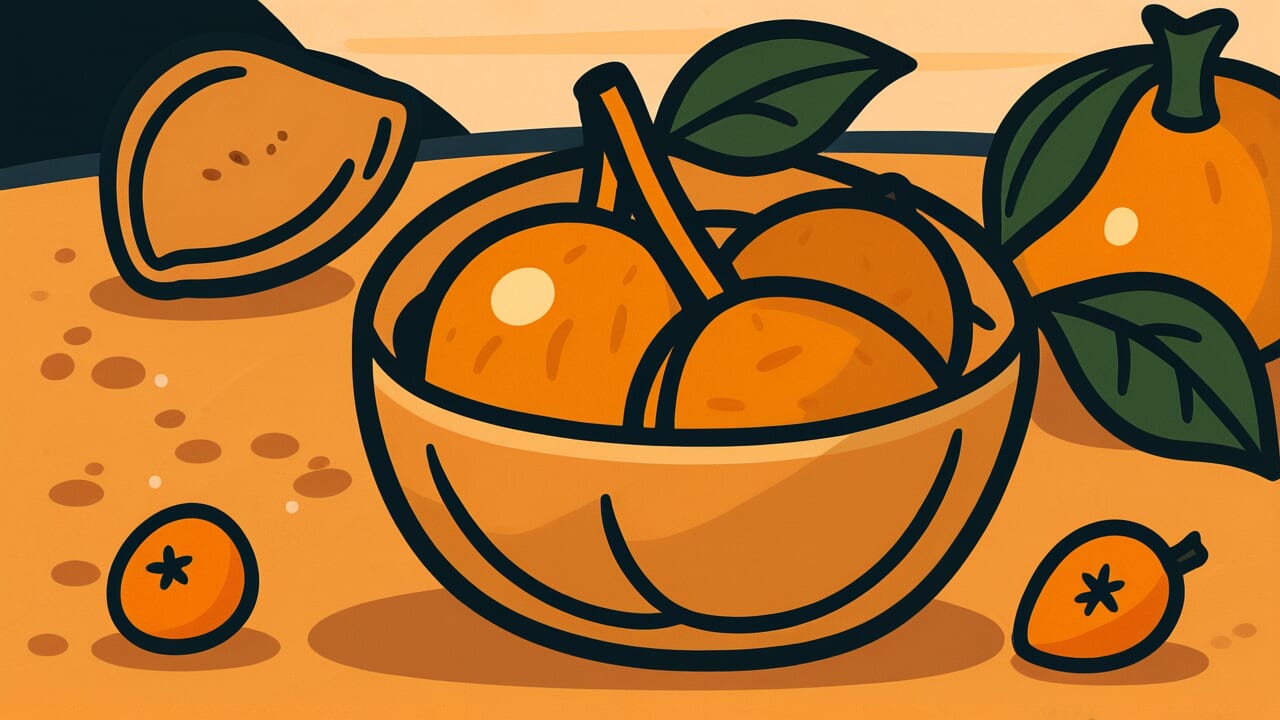How to Read “After ripening, light salt”
Urete nochi wa usushio
Meaning of “After ripening, light salt”
This proverb teaches the importance of maintaining proper distance after becoming close in relationships. It uses the salt balance in pickled vegetables as a metaphor for how to interact after a relationship deepens.
When we become close to someone, we tend to rely on them too much or lose our sense of restraint. However, no matter how close we become, the other person remains an independent individual with their own personality.
Precisely because we’ve grown intimate, we need to show moderation and respect the other person’s boundaries.
This proverb is used when warning that we shouldn’t forget courtesy and consideration even in close relationships. It also applies when we see relationships becoming strained because people have lost their sense of distance.
Even today, many problems arise in intimate relationships with family, close friends, or workplace colleagues. This teaching connects with the idea that courtesy matters even among close friends.
It remains valuable wisdom for maintaining good relationships over the long term.
Origin and Etymology
No clear written records explain the origin of this proverb. However, its structure shows it is deeply rooted in Japan’s traditional pickle-making culture.
The word “ripening” refers to pickled vegetables fermenting and becoming ready to eat. When making pickles, you first use plenty of salt to preserve the vegetables.
But as fermentation progresses and the flavor matures, too much saltiness ruins the taste. Instead, after ripening, you should use less salt to bring out the natural flavor of the ingredients. This wisdom from pickle-making is embedded in the saying.
The cleverness of this proverb lies in comparing pickle salt levels to relationship distance. When building a relationship, you need a certain amount of care and consideration, like “salt.”
But after becoming close, you should reduce that “salt” and respect each other’s natural selves. This proverb expresses the subtleties of human interaction through pickles, something familiar in Japanese daily life.
It’s wisdom born from everyday experience.
Usage Examples
- Because we’re longtime friends, I follow “After ripening, light salt” and don’t intrude too deeply into each other’s family matters
- After many years of marriage, I’ve come to appreciate the spirit of “After ripening, light salt”
Universal Wisdom
Humans have a tendency to blur boundaries with others as they grow closer. When trust deepens, we start to feel the other person is an extension of ourselves, and our sense of restraint fades.
This doesn’t come from bad intentions. It’s actually a sign of intimacy. But here lies a major pitfall in human relationships.
No matter how close we become, each person has their own values, emotions, and boundaries they want to protect. As intimacy increases, we touch more deeply on the other person’s inner world.
That’s exactly why we need to be careful. The natural distance that existed when the relationship was new disappears as we grow closer. This has led to the breakdown of many relationships.
This proverb has been passed down through generations because humans instinctively tend to confuse “closeness” with “dependence.” True intimacy isn’t about depending on someone or controlling them.
It’s about staying close while respecting each other’s independence and maintaining appropriate distance. This delicate balance is the secret to keeping relationships healthy and long-lasting.
Our ancestors expressed this deep understanding of human nature through the everyday activity of making pickles.
When AI Hears This
Looking at fruit ripening from a chemical reaction perspective reveals surprising facts. In unripe fruit cells, large starch molecules are tightly bonded.
Adding salt to this state creates little osmotic pressure difference, so salt barely reaches inside the cells. Even using large amounts of salt produces extremely poor reaction efficiency.
But as ripening progresses, enzymes break down starch into sugars, and pectin in cell walls breaks down, dramatically increasing cell membrane permeability. In chemistry terms, this is “a state where activation energy has decreased.”
At this point, even small amounts of salt quickly penetrate deep into cells. Dehydration through osmotic pressure and flavor penetration happen simultaneously. In reaction kinetics, there’s a principle that when reactants are properly prepared, you need minimal catalyst amounts.
What’s more interesting is that light salt creates a gentler concentration gradient, so cells don’t shrink rapidly. This preserves the fruit’s texture and flavor compounds.
Heavy salt rapidly dehydrates only the surface, creating uneven reactions with the interior. So the combination of ripe fruit and light salt is a chemical necessity.
It achieves maximum effect with minimum cost through the perfect balance of reaction readiness and intervention amount. This embodies the universal principle that catalysis theory teaches: “When the system is ready, a small amount is enough.”
Lessons for Today
In modern society, social media and messaging apps have made maintaining proper distance with close people increasingly difficult. Being able to contact someone anytime is convenient.
But it also increases the danger of intruding too much on their time and space.
This proverb teaches us that closeness and dependence are different things. Even with family, romantic partners, or best friends, the other person has their own world. They have private time and relationships you don’t know about.
Respecting that is what true love and friendship mean.
Specifically, don’t rush someone for replies just because you’re close. Don’t pry too much into their plans or force advice on them. Don’t intrude on topics they don’t want to discuss.
Quietly offer help when they ask for it. This kind of modest kindness nurtures relationships that last.
To continue protecting your relationships with important people, remember this: precisely because you’ve grown close, reduce the salt just a little.
That delicate consideration will make your bond deeper and stronger.



Comments